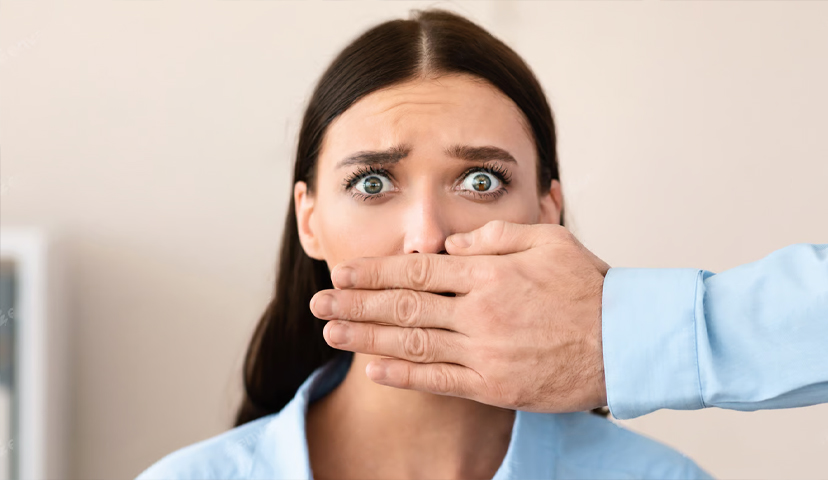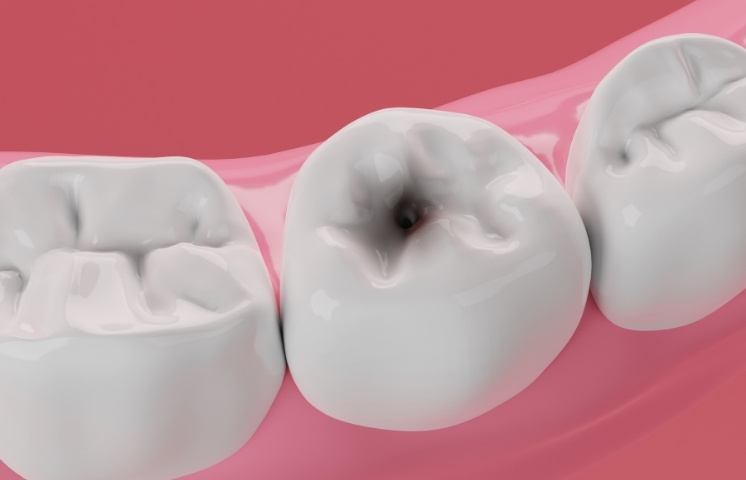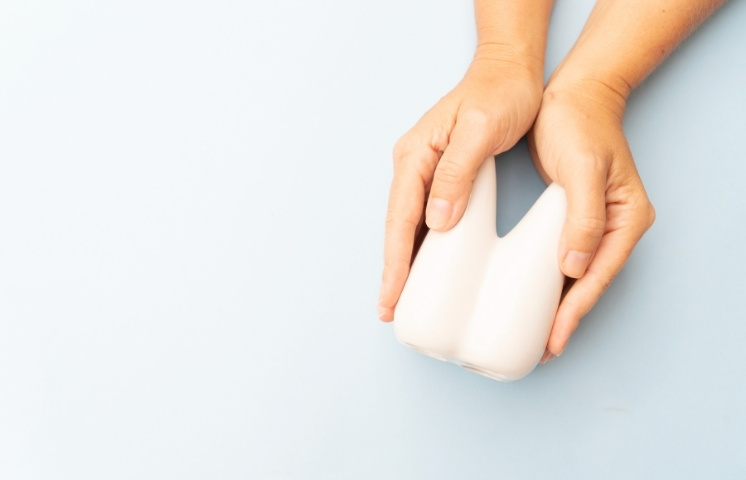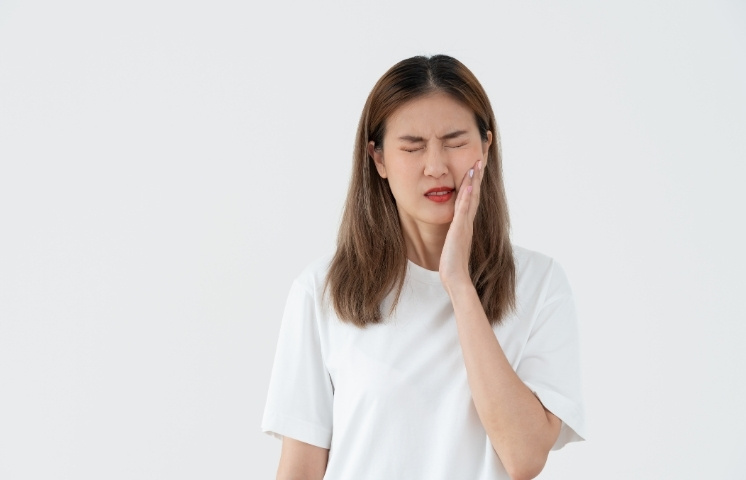Can Dental Cleanings Help with Bad Breath? Here’s What You Need to Know

Bad breath can be more than an occasional inconvenience—it can be a sign of an underlying issue.
Whether it’s the morning after a cup of coffee or a more persistent problem, bad breath (halitosis) can leave you self-conscious and frustrated.
But here’s the good news: regular dental cleanings may be the solution you need to keep your breath fresh and healthy.
Dental cleanings do much more than polish your teeth—they play a key role in removing the buildup of plaque and tartar, the primary culprits behind persistent bad breath. By removing bacteria hiding in those hard-to-reach places, professional cleaning helps eliminate one of the most common causes of halitosis.
So, if you’ve been struggling with bad breath, it might be time to see a dentist and schedule your next cleaning. Keep reading to learn how dental cleanings can improve your breath and overall oral health, and discover why regular visits are essential for fresh breath!
How Dental Cleanings Can Help with Bad Breath
Dental cleanings are essential for removing the buildup of plaque and tartar, which are major contributors to bad breath. Plaque harbors bacteria that can cause foul odors in your mouth. Tartar, the hardened version of plaque, can only be removed by a professional cleaning.
- Plaque and tartar harbor bacteria that contribute to bad breath.
- Professional cleanings remove bacteria hidden between teeth and along the gum line.
- Addressing the root cause of bad breath can help prevent it from returning.
Regular cleanings from a dental professional from Grass Valley target these hard-to-reach areas, keeping your mouth fresh and healthy. For anyone struggling with persistent bad breath, a dental cleaning can make all the difference by eliminating bacterial buildup and improving breath.
The Role of Gum Disease in Bad Breath
Gum disease, ranging from gingivitis to periodontitis, is a leading cause of persistent bad breath. When gum disease goes untreated, bacteria accumulate in infected gums, producing unpleasant odors.
- Gingivitis and periodontitis lead to bacteria buildup in the mouth.
- Dental cleanings help reduce inflammation and bacteria associated with gum disease.
- Improved breath often follows successful gum disease treatment.
A thorough cleaning restores gum health and eliminates the bacteria responsible for foul odors. Proper oral hygiene and regular cleanings can drastically improve your breath by addressing underlying gum issues.
How Poor Oral Hygiene Contributes to Bad Breath
Poor oral hygiene practices, such as irregular brushing and flossing, significantly contribute to bad breath. Food particles and plaque accumulate in the mouth, providing a breeding ground for bacteria that produce foul odors.
- Inconsistent brushing and flossing allow bacteria to build up in your mouth.
- Plaque and food particles mix to create unpleasant smells.
- Regular dental cleanings ensure that plaque and bacteria don’t linger.
Committing to good oral hygiene at home and visiting your dentist regularly can reduce the chances of bad breath. Dental cleanings help prevent the buildup of bacteria, which is crucial for maintaining fresh breath.
Can a Dental Cleaning Solve Bad Breath Issues?
While dental cleanings are essential for removing the buildup of bacteria that causes bad breath, they may not always be enough to eliminate chronic bad breath. Other factors can contribute, such as your diet, smoking habits, or even certain medications.
- Dental cleanings address the primary cause—bacterial buildup—but may not solve all cases of bad breath.
- Dietary factors, smoking, and medications can contribute to persistent bad breath.
- Lifestyle changes are crucial for tackling lousy breath from all angles.
For more lasting results, a holistic approach is necessary. If your bad breath persists despite regular cleanings, consider discussing other factors with your dentist.
Regular Dental Cleanings as Part of Preventative Care
Regular dental cleanings are essential for maintaining fresh breath and oral health. Cleanings every six months help prevent bad breath by removing the plaque and tartar that lead to bacterial buildup.
- Routine cleanings are essential for fresh breath and overall oral health.
- Early detection of any oral health issues can prevent bad breath from worsening.
- Regular checkups help identify and address problems early, such as gum disease or cavities.
Maintaining a consistent dental hygiene routine and scheduling regular cleanings ensures long-term dental health and fresh breath. Dental cleaning is a preventive measure that supports your goal of good oral hygiene and healthy breath.
Tips for Maintaining Fresh Breath Between Dental Cleanings
Good oral hygiene at home is crucial for maintaining fresh breath between dental cleanings. Regular brushing, flossing, and staying hydrated can go a long way in preventing bad breath.
- Brush and floss regularly to keep plaque and food particles at bay.
- Hydrate often to prevent dry mouth, which can lead to bad breath.
- Use mouthwash to fight bacteria and freshen your breath.
- Avoid smoking and excessive sugar, which contribute to bad breath.
In addition to regular cleanings, these practices help ensure your breath stays fresh. If you struggle with bad breath, consult a general dentist in Grass Valley for personalized recommendations and treatments.
Regular dental cleanings are crucial to maintaining fresh breath and oral health. While they can significantly reduce the buildup of plaque and bacteria that cause bad breath, they also address underlying conditions like gum disease. However, a holistic approach—combining good oral hygiene, healthy lifestyle choices, and professional care—is key to achieving long-term freshness. If bad breath persists, reach out to your dentist for personalized advice. Don’t wait—schedule your next cleaning and keep your smile healthy and fresh!




